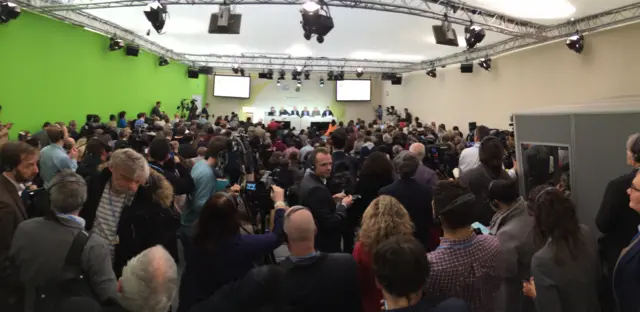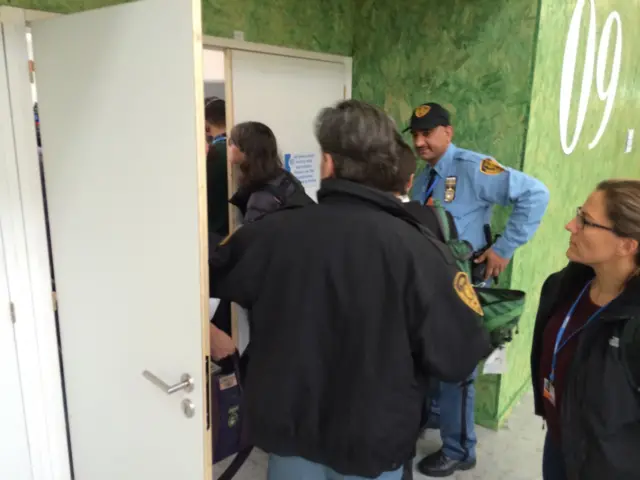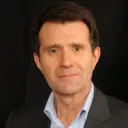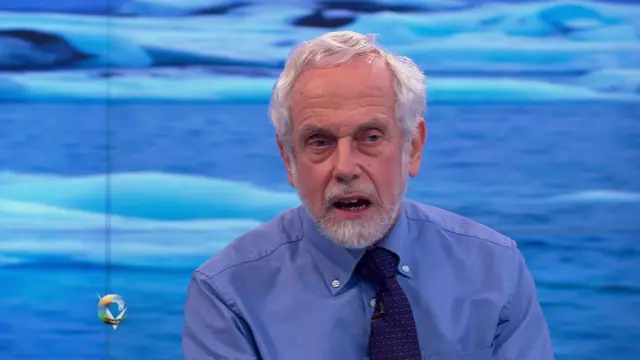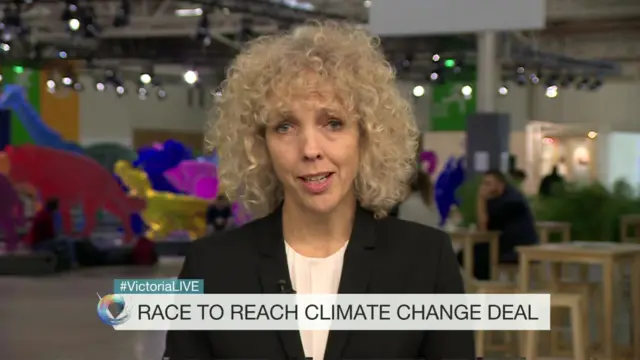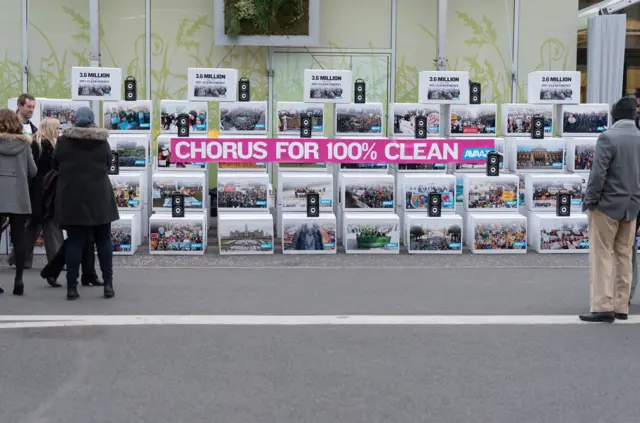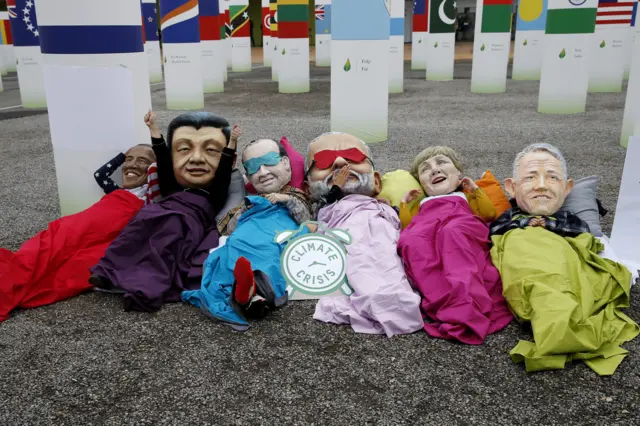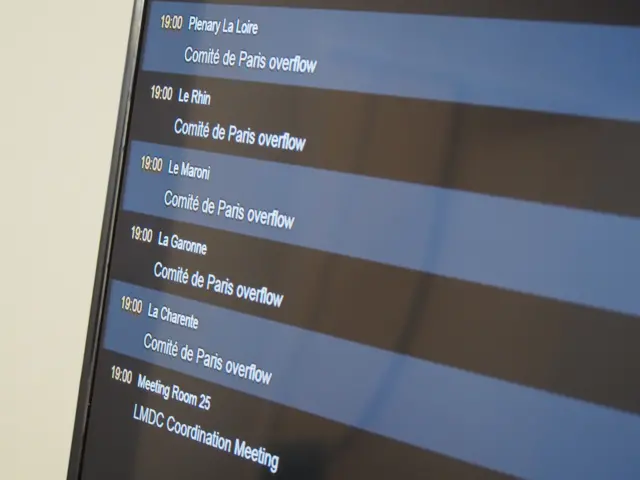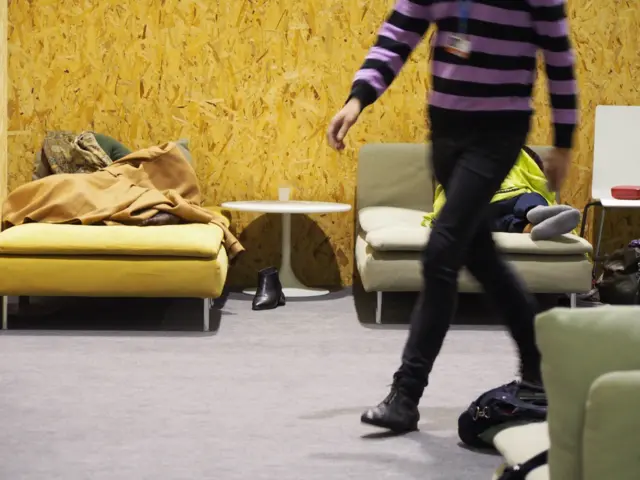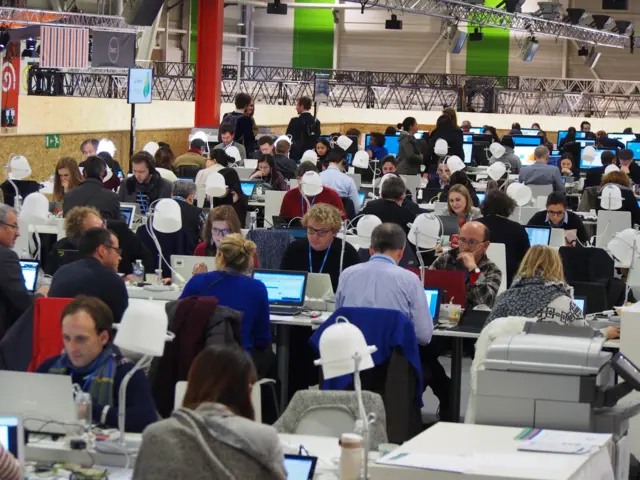Scientists' briefing overwhelmedpublished at 11:34
Today is likely to be a slow day, in news terms.
The negotiations themselves happen behind closed doors but there are lots of journalists and observers keen to hear the latest.
A briefing currently underway here, featuring a panel of scientists giving their views on the latest draft, is absolutely packed.
People are sitting in the aisles and - now - being turned away at the door by security staff.
